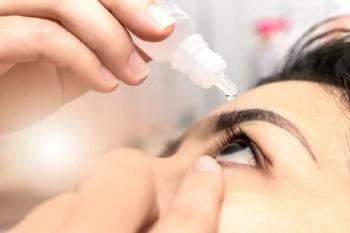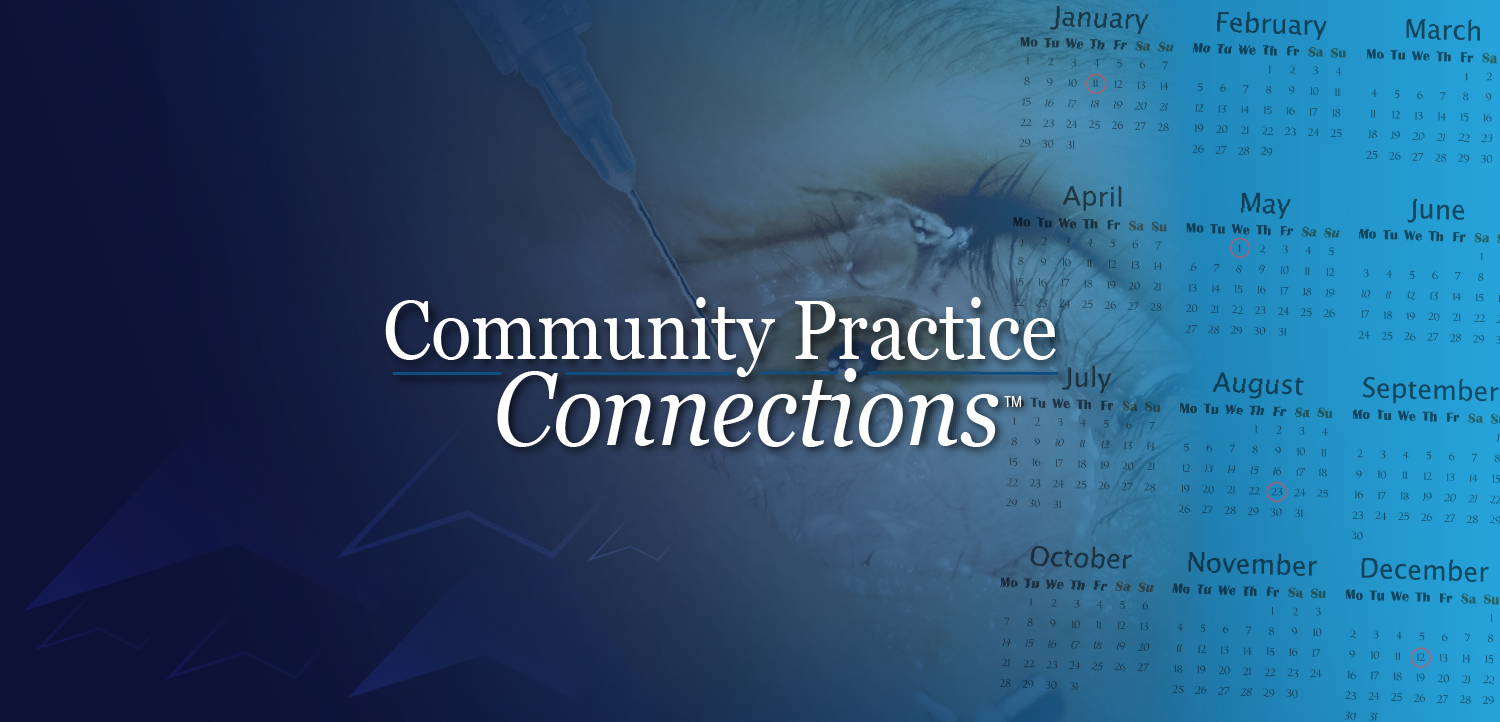
ORBIS Flying Eye Hospital returns to Panama for ophthalmic programs
ORBIS has brought back the Flying Eye Hospital (FEH) to Panama City for a comprehensive skills exchange program aimed at advanced subspecialty training and raising awareness of eye care related conditions in Panama.
New York-
In addition, the program will raise awareness of eye care related conditions in Panama. A special workshop presented by Karl C. Golnik, MD, will introduce the International Council of Ophthalmology Residency Education Training Program to the Panama National Ophthalmology Society.
By bringing together diverse members of the Panamanian eye care community from a wide range of institutions, the FEH program is designed not only to offer unique and effective skills exchange opportunities, but also continuing medical education to ophthalmologists, nurses, biomedical engineers, and anesthesiologists.
“We are thrilled to be in Panama as we continue our efforts to prevent and treat avoidable blindness in Central America,” says Ahmed Gomaa, MD, medical director of the ORBIS Flying Eye Hospital. “We are proud to work together with our Panamanian partners in enhancing the training opportunities to a wide range of eye health care professionals and promote the issue of eye health care in the country.”
“Our eye-care community looks forward to working with the ORBIS team on board of the Flying Eye Hospital and in our local hospitals to not only gain new skills, but also to advance existing abilities, while promoting the importance of quality eye care in Panama,” says Félix Emilio Ruiz Díaz, MD, president of Panamanian Society of Ophthalmology.
Newsletter
Want more insights like this? Subscribe to Optometry Times and get clinical pearls and practice tips delivered straight to your inbox.
















































.png)


